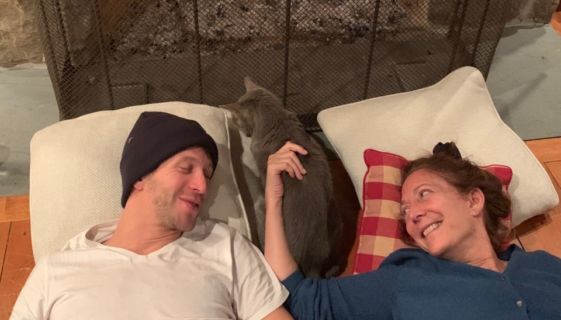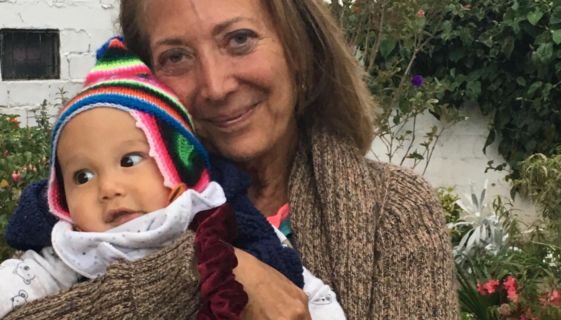Today is World Cancer Day. It’s a good reminder of our shared humanity, of the cold hard fact that no country, no ethnic group, no age group, no gender, no-one—is immune from this disease. Cancer is the second leading cause of death globally. According to the International Agency for Research on Cancer (IARC),the world saw 17 million new cancer cases, and 9.6 million cancer deaths in 2018.
Most people think that cancer is due to an unfortunate roll of the genetic dice. The reality is that at least 40% of cancer diagnoses (and by some estimates, much more) are due to lifestyle behaviors and environmental exposures. Around one-third of deaths from cancer are due to the five leading behavioral and dietary risks: excess body weight, unhealthy diet (low fruit and vegetable intake, high in processed foods), physical inactivity, tobacco use, and alcohol use.
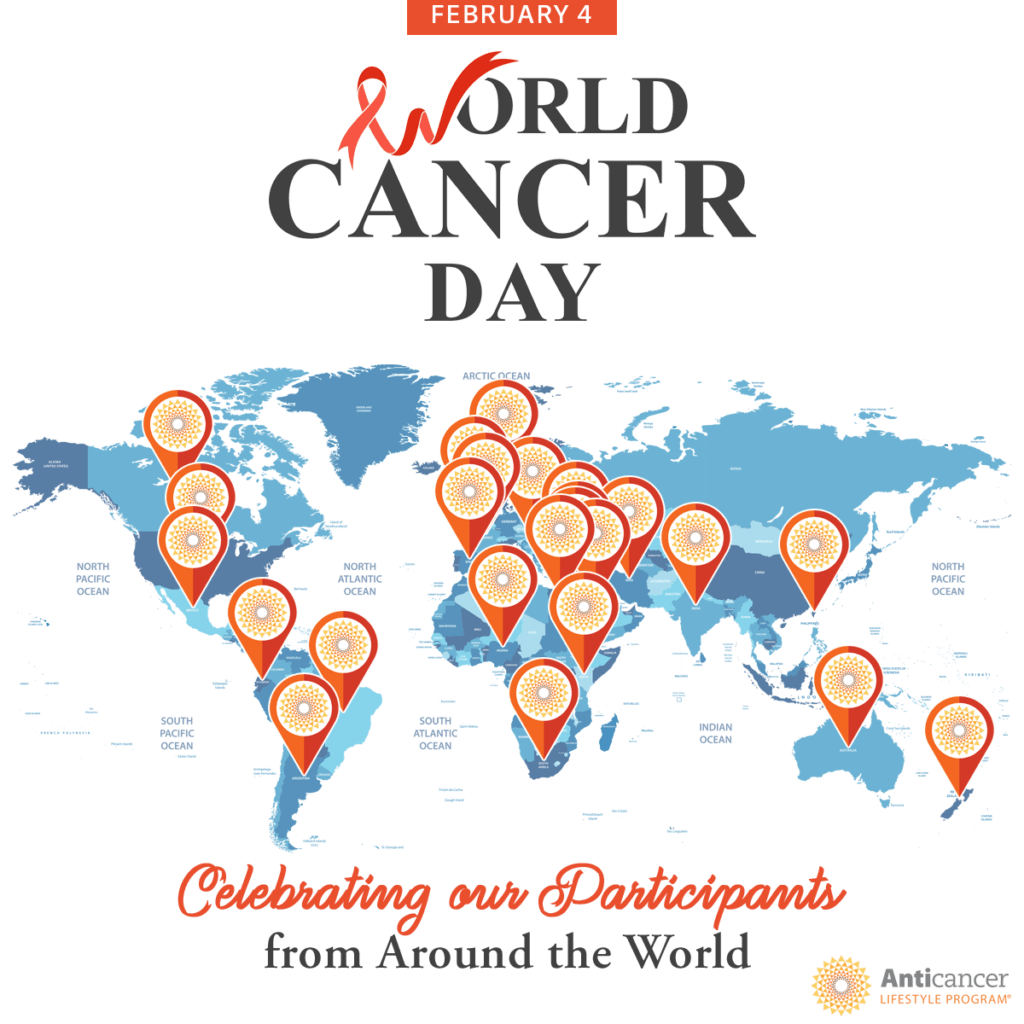
But it’s not all gloom and doom! Smoking rates have decreased worldwide, driving down lung cancer death rates. Therapies for managing cancer keep improving, as do the numbers of people who take advantage of early screening. And the fact that the lifestyle behaviors—the choices we make every day—can have a dramatic influence on our likelihood of getting cancer means that we have at least some control over our odds.
That’s why we developed the Anticancer Lifestyle Program. Our goal is to give people everywhere the tools and information they need for the prevention of chronic illnesses, including cancer. World Cancer Day gives us the opportunity to share how thrilled we are to have enrolled participants from 26 different countries, from Argentina to Australia, Spain to South Africa, India to Iraq. People everywhere are trying to find ways to take charge of their health and create a better, more empowered future. We welcome you all, no matter what corner you hail from, and we salute you for taking steps toward claiming the wellbeing that is rightfully yours.


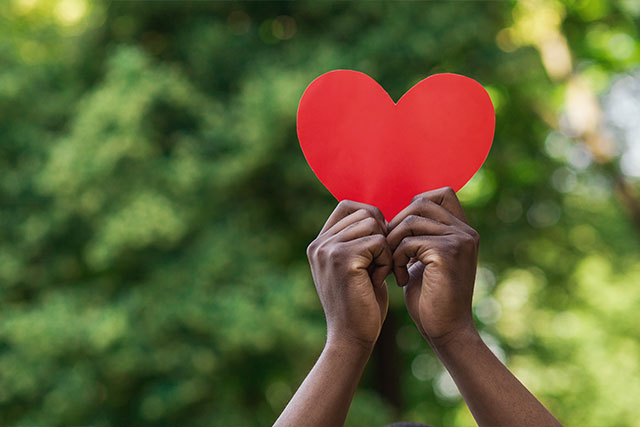
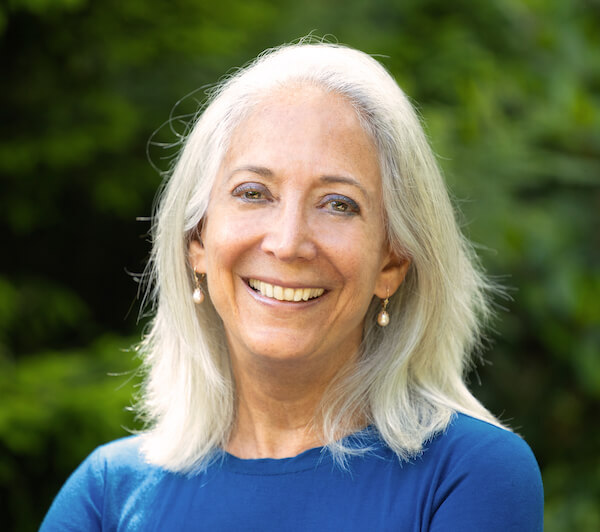 Meg Cadoux
Meg Cadoux 